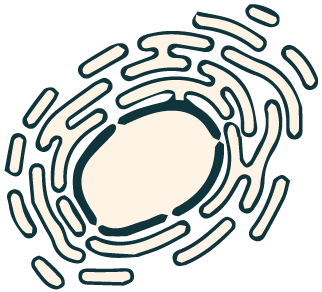This website uses cookies to ensure you get the best experience on our website.
- Table of Contents
Facts about McKusick-Kaufman/Bardet-Biedl syndromes putative chaperonin.

May play a role in protein processing in limb, cardiac and reproductive system development. May play a role in cytokinesis (PubMed:28753627).
| Human | |
|---|---|
| Gene Name: | MKKS |
| Uniprot: | Q9NPJ1 |
| Entrez: | 8195 |

| Belongs to: |
|---|
| TCP-1 chaperonin family |

Bardet-Biedl syndrome 6 protein; BBS6MKS; HMCS; KMS; McKusick-Kaufman syndrome; McKusick-Kaufman/Bardet-Biedl syndromes putative chaperonin
Mass (kDA):
62.342 kDA

| Human | |
|---|---|
| Location: | 20p12.2 |
| Sequence: | 20; NC_000020.11 (10401009..10434222, complement) |
Widely expressed in adult and fetal tissues.
Cytoplasm, cytoskeleton, microtubule organizing center, centrosome. Cytoplasm, cytosol. Nucleus. The majority of the protein resides within the pericentriolar material (PCM), a proteinaceous tube surrounding centrioles. During interphase, the protein is confined to the lateral surfaces of the PCM but during mitosis it relocalizes throughout the PCM and is found at the intercellular bridge. The MKSS protein is highly mobile and rapidly shuttles between the cytosol and centrosome.





PMID: 10802661 by Stone D.L., et al. Mutation of a gene encoding a putative chaperonin causes McKusick- Kaufman syndrome.
PMID: 15731008 by Kim J.C., et al. MKKS/BBS6, a divergent chaperonin-like protein linked to the obesity disorder Bardet-Biedl syndrome, is a novel centrosomal component required for cytokinesis.